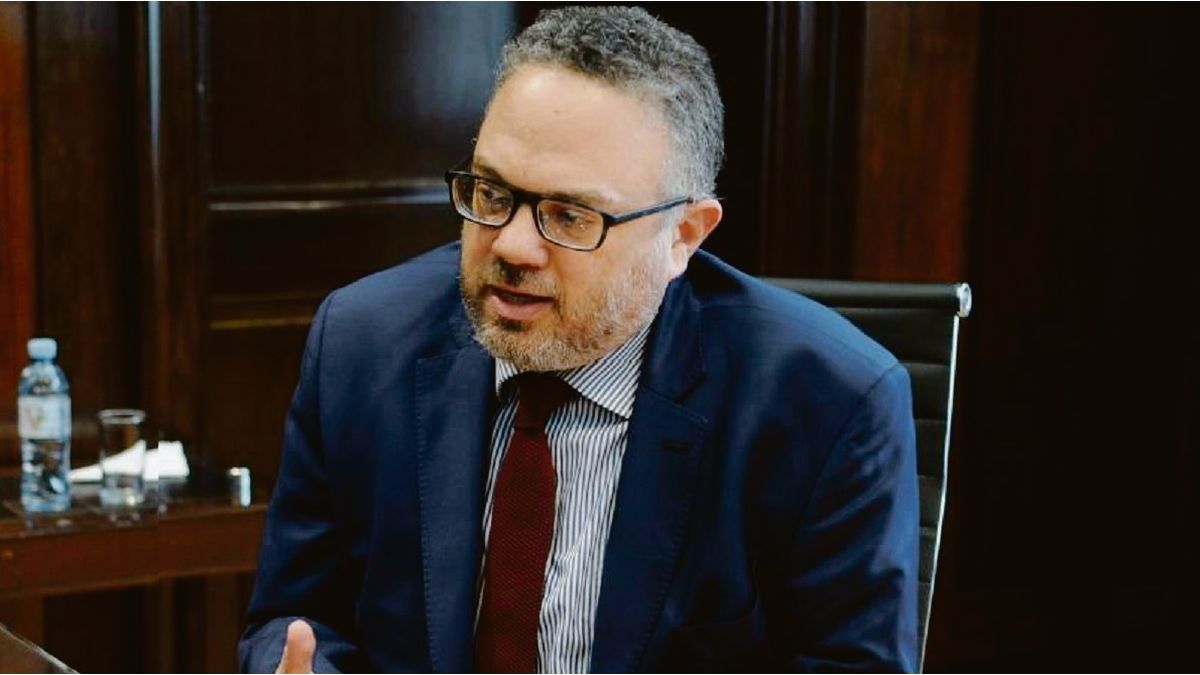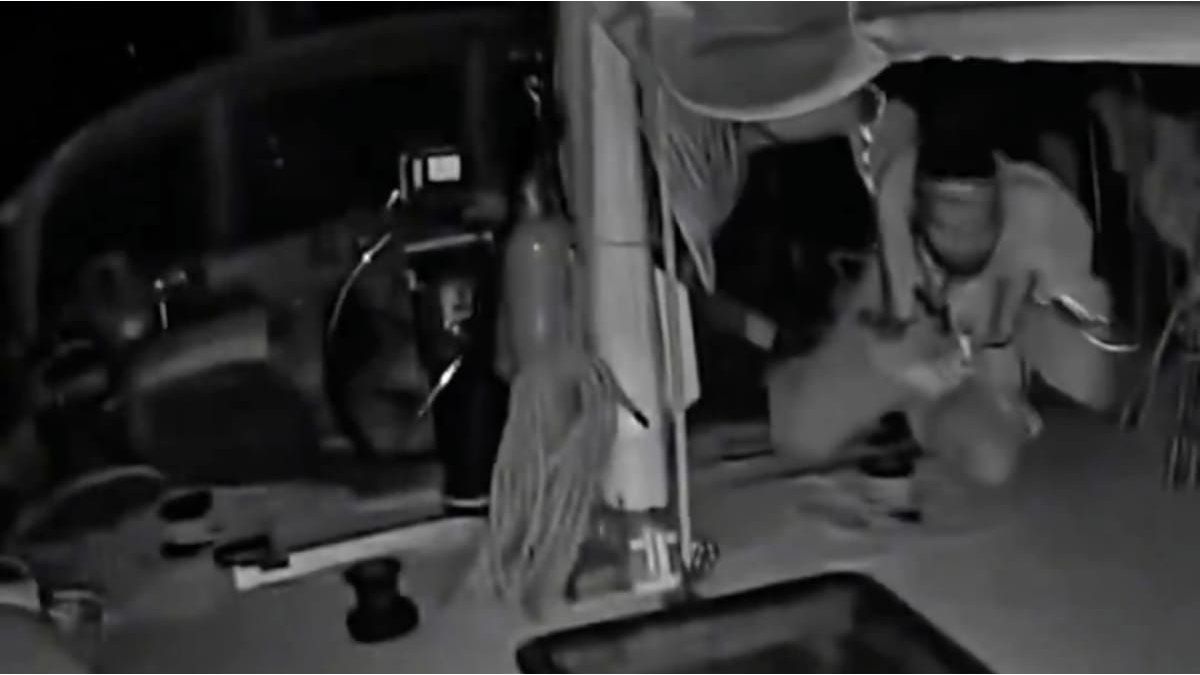Matias Kulfas He broke his silence for the first time after his resignation days after publishing his book “A Peronism for the 21st century”. The former Minister of Productive Development spoke of the inmates in the Government, of inflation and criticized Cristina Kirchner.
“In Argentina, inflation reappeared in 2007, we have already had inflation for 16 years, first moderate, 25% per year, then a little more than moderate, 50%, and now we are already in a high inflation regime, from which one no longer gradually exits”, said the former official, who was removed from his position in June of last year in the middle of a bid that he maintained with the hard Kirchnerism and the vice president.
In an interview with Radio Con Vos, the economist referred to the need to promote “a stabilization plan” to stop the sustained and general increase in prices – which in March was 7.7% according to INDEC – and said : “What did we do these 16 years to combat inflation? And my answer is practically nothing. During Cristina’s 8 years there was no anti-inflationary plan. Rather, what there was was a total denial of the phenomenon. Then Macri came and said ‘this is nonsense’. I think that as a result of that banality, of not having made a proper diagnosis, it ended up with double inflation. And we already know Alberto, and it’s not that he wants to excuse him, he had a context one worse than the other. When he came out of one, a different scourge hit him, he did not come up with a stabilization plan that I think was undoubtedly necessary ”.
matias-kulfas.jpg
ambito.com
“There is a prejudice within Peronism today that says that stabilization plans are recessive and bad for the people. It seems that you they are leaving that dirty work to the right that we know will drop the burden on the poorest sectors. I am outside the crack or the polarization”.
Criticism of Cristina Kirchner
For his part, Kulfas referred to the vice president’s last speech: “Last week I heard that the problem is the debt payments that were made, so the trade surplus was spent on paying the private debt of the companies. A third of That debt that was paid was the energy sector. If you asked me three years ago, What was the sector that most likely has to generate many dollars for the Argentine economy? Clearly it’s energy. And I still think so.”
“However, the difficulty is political, of having a coherent policy, of saying: ‘let’s promote investment, that Vaca Muerta has an investment boom, that it explodes with investments and that we really have a strong export leap’, but we had a policy where it was much more complicated, he operated the revolving door. The energy sector needs large investment projects, you need external financing. If you tell him, ‘no, look, I won’t guarantee payment of the debt’ you have this difficulty. There you enter a circular dynamic that I think made the situation very complicated and you end up with the same thing, ”he said.
“Just as “Los tres kirchnerismos” is not a book against Cristina, neither is this. I haven’t seen Cristina talking about the future in a long time”defined.
MATÍAS KULFAS RESIGNS

NA
Criticism of the internal and the agreement with the IMF
“I reviewed several governments, in all governments there are internal, but I don’t think there was this level of internalism in any of them. I think that of all the phenomena that I mentioned, it was the most delicate, because you can have a very complex context, but you bring a cohesive government, that throws everything in the same direction, well, you can have tools to face those problems. But if what happened happens, which is a government where internal wars begin, openly, not raised on a daily basis and where blockades and boycotts begin, it is very difficult for that to really turn out well.“, held.
Regarding the discussions of the Frente de Todos in relation to the International Monetary Fund (IMF), he defended the agreement signed in the government of Alberto Fernández: “I invite anyone to review the last 30 years of agreements between the IMF and the different countries and that Show me one that has been equal to or better than the one signed by Argentina. And the truth is that I don’t think they’re going to find it, I even think that compared to the agreement that Néstor Kirchner signed when he was president, it even had some conditions that were better”.
“It is clear that the IMF brought it to Macri, not Alberto Fernández. Now, once it is there, you have to negotiate how to restructure that debt that was unsustainable, just as it had been agreed. And I think that the agreement that was signed was a good agreement within the conditions. It seems to me that there are issues that I don’t know if they are conceptual or more of power, of continuing to preserve the monopoly of power, ”he said.
Source: Ambito




